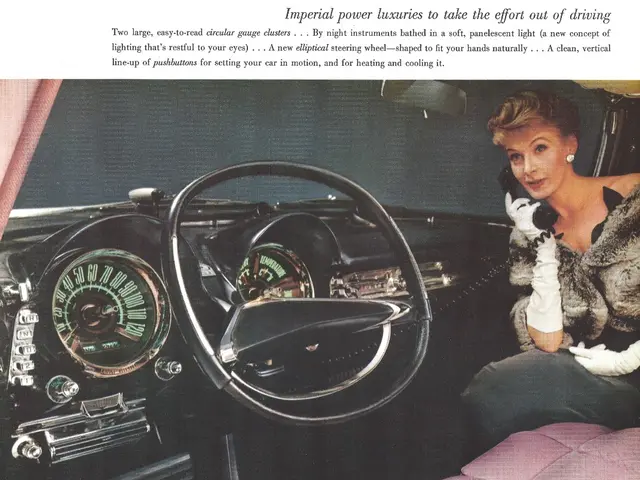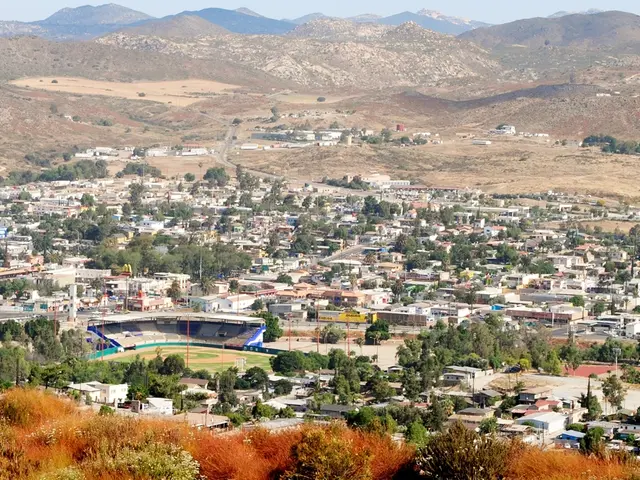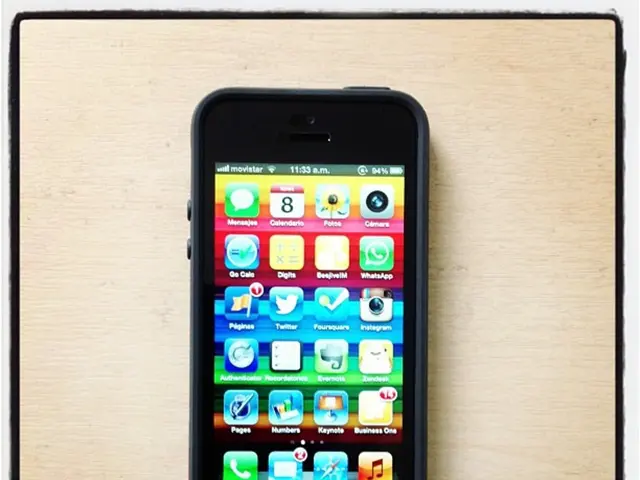U.S. President Trump questions the validity of broadcasting licenses
In the United States, a heated debate about press freedom has erupted following recent actions by the Donald Trump administration and broadcasters.
US President Donald Trump has accused several broadcasters of bias, going so far as to question their licenses. Trump stated that he won the election despite receiving 97% negative publicity from broadcasters. In response, he suggested that the licenses of broadcasters could be pulled due to their perceived bias.
The decision about broadcasters' licenses lies with the head of the Federal Communications Commission (FCC), Brendan Carr. Critics, however, accuse Carr of exerting pressure on companies. The name of the FCC chairman, who has been under scrutiny, is Brendan Carr, who was appointed by Trump. Carr had stated in a right-wing podcast that companies should act regarding certain remarks, or there would be 'additional work for the FCC.'
This controversy reached a boiling point when Jimmy Kimmel, the host of a popular talk show, made remarks about a controversial figure, Charlie Kirk. As a result, the ABC network temporarily pulled Kimmel's show from its schedule, and media companies like Nexstar and Sinclair, which broadcast ABC content through dozens of local stations, followed suit and stopped airing Kimmel's show.
These actions have sparked concerns about freedom of speech and the press. Observers warn that this could lead to significant restrictions on the press and freedom of speech. Former Vice President and Democratic presidential candidate Kamala Harris weighed in on the matter, stating, 'In the face of this frontal assault on free speech, we must not remain silent or self-censored.'
The death of right-wing activist Charlie Kirk has further fueled the debate. Trump has railed against journalists for years, often accusing them of being 'enemies of the people' and spreading lies. Critics view Kirk's positions as racist and sexist, and his death has led to a renewed discussion about the role of the media in shaping public discourse.
As the situation unfolds, it remains to be seen how this controversy will impact the broader landscape of press freedom in the US. One thing is clear, however: the stakes are high, and the future of the media industry hangs in the balance.
Read also:
- United States tariffs pose a threat to India, necessitating the recruitment of adept negotiators or strategists, similar to those who had influenced Trump's decisions.
- Weekly happenings in the German Federal Parliament (Bundestag)
- Southwest region's most popular posts, accompanied by an inquiry:
- Discussion between Putin and Trump in Alaska could potentially overshadow Ukraine's concerns








